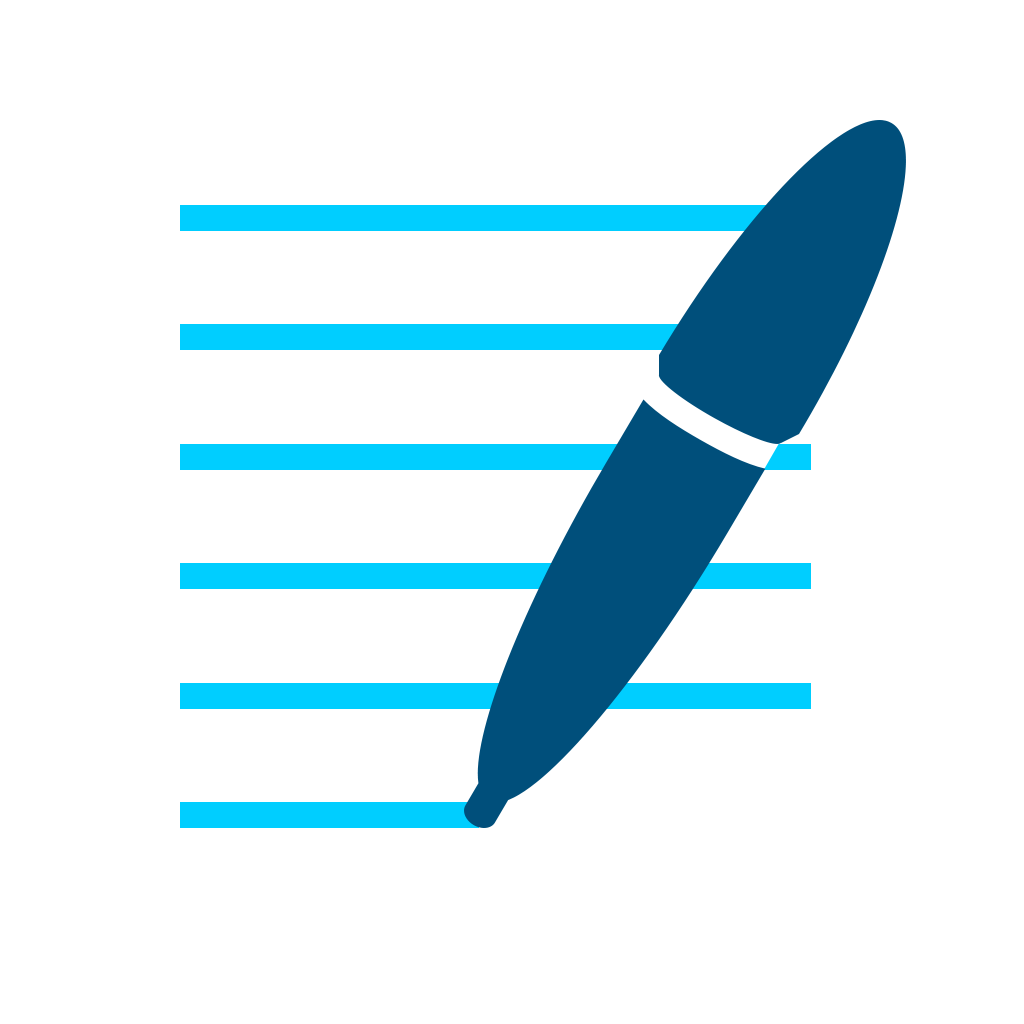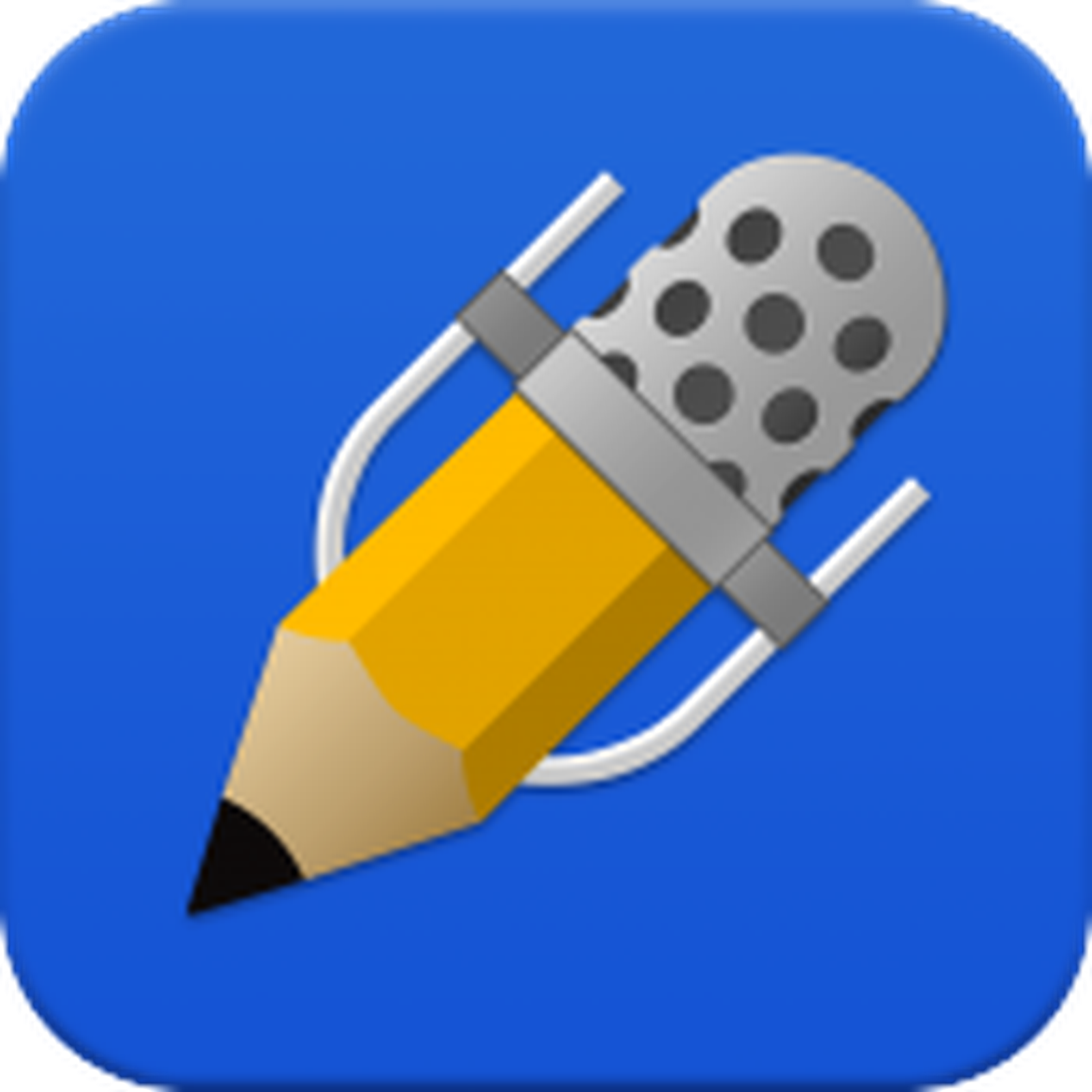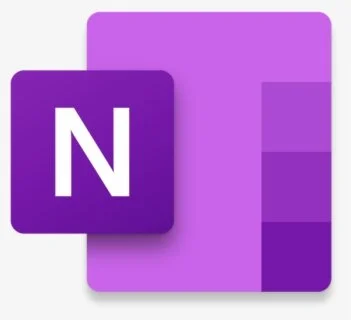Tech Tip — Why Tablets Would be a Boon for Retail Field Leaders
Retail is evolving and the leaders supporting the business need to continue to do so as well. Retail companies do add technology over time, however most of it has been in the form of software or applications. In the late 1990s it became common for field leaders to be assigned a laptop computer. Then in the mid-2000s we saw another enhancement with the introduction of smartphones. I suppose we could debate whether that was truly an enhancement or distraction. I think most will agree that we do work differently (and in a good way) having access to more people or information through our phones.
Outside those two changes, the way retail field leaders work has been an individualized experience. In some respects that is a good thing. For example, I adopted the iPad immediately when it was introduced in 2010. I have used it in my retail roles since then. The challenge I have always faced is fully integrating it into the work environment due to company support and understanding of the value of a tablet versus a laptop.
The other challenge that this transition would face would be the users themselves. We are so conditioned to how we use our laptop and the information we believe we must have to do our jobs effectively. This is where I think the more radical approach needs to happen. Retail field leaders need to get comfortable ditching the laptop and exploring a world where a tablet supported their needs. And, quite frankly, if it doesn’t do what you are thinking you need, then challenge whether you really need to do. (I am looking at you - creating endless Microsoft Excel sheets.)
Here are five quick reasons why I believe using tablets instead of laptops would be a big boost to retail field leadership productivity and effectiveness.
Notes on the go - easily
The yellow legal pad does still have a place in retail, however, it should be slowly drifting further away from us. Taking notes on my iPad was one of the first uses I had for incorporating a tablet into my environment. It is easy to do, provides so many more options for how you use the information later, and can be reviewed over and over without the pages ripping or getting lost. Finally, having a good system for note taking makes it easy to refer back to or search for items later.
The built-in Apple Notes app work perfectly for this as do several others. Here are a few other options and links to articles where I have covered some of these in the past.
GoodNotes - Tech Tip – GoodNotes – A Versatile Note Taking Application
Taking notes with an Apple Pencil was also a game changer for me. I had used other styluses in the past, so when Apple introduced the Apple Pencil it made the ability to capture notes that much easier. I rarely use pen and paper for notes, especially when I am in stores.
Information Access
Tablets, like phones, can always be connected. This provides the option for always being connected to the information you need. You will have the ability to always refer back to the notes you’ve taken in the past, email information that comes in, or data that is available from your company to use in different situations. The big improvement compared to the phone is size. Tablets allow you to see more information at one time. That isn’t the biggest benefit of size though - making it easier to share is. Being able to look at something on a larger screen together with a team member or the manager you are coaching can be a great way to create dialogue and discussion.
Set up your files to make it easy to find information you will need regularly. The notes apps above all provide options to build structured systems to search and store notes. Just having a good file structure in your Files app or email application will make a big difference. There is a host of new applications coming to market also that are designed to help maintain a personal knowledge management system. I will be exploring these in the future as well. You can check out some of these like Obsidian, Craft, Roam Research, or Notion.
Finally, tablets are instant-on, they do not take time to boot up. You can go from off to on, and capturing or reviewing data nearly instantaneously. That is rarely the case with a laptop, especially if you shut it down before you left your house.
Breakdown barriers between you and others during visits
As I mentioned above tablets allow for better sharing. The other big difference between a tablet and a laptop is the barrier created by an upright screen disappears with a tablet. Tablets are easy to hand to someone else to look at or to look at the screen together. In situations where you may be having a conversation off the floor, you can be accessing information or taking notes without a device between you and the person you are speaking to. It can be a less intrusive resource when compared to the larger, full screened laptop.
Hybrid work environments
The iPads available now have accessories that allow them to be the device you need them to be at the right time. I am writing this article on my iPad Pro. I have a fully functioning keyboard attached and it in most ways it is just like working on a laptop. Only the operating system separates the experience I would have versus working on a laptop (Windows or Mac). With excellent built-in keyboards, you can also use your tablet for typing even without an external keyboard. It may not be ideal for lengthy writing sessions, but it does give you every option.
Less about creation and more about consumption and review
Finally, the last tip today is as much a mindset shift as anything else. Many field leaders spend a lot of time creating reports, data, or lengthy documents on their laptops that they send to their store teams. Partly, because it is easy and likely because many retailers still have inadequate tools for easy access to the needed information at store level without an Excel spreadsheet. Moving to a tablet, like an iPad would create more friction for spreadsheet creation - and that is okay. Field leaders will be more effective with less of a focus on reports and data and more on conversation and observation. The functionality exists for tablets to create spreadsheets and do excellent data analysis. There are multiple tools that retailers can tap into to provide data and reporting. Even many third-party vendors that provide support for task management, communication, or workforce management have iOS applications allowing easy access to that type of information. If really should force the conversation on whether other reporting or laptops are really necessary for this purpose anymore.
As you can see, I am a big proponent of using tablets for field leaders. You may also be asking about using 2-in-1 devices. Many Windows vendors do provide laptops that have a tablet mode. These could certainly be an option. As much as I am an Apple fan, I do think the Microsoft Surface line of products would be an option for many retailers and likely meshes better with their IT comfort levels when compared to iPads. Which brings up another common obstacle - IT groups that are less familiar with device management and set up options for iOS based devices. Tons of resources are available for that now, including Apple themselves.
Even if your company does not provide tablets as a tool, you can incorporate much of what I mentioned above without the need for a fully integrated solution from your IT team. For companies that do at least have a Bring Your Own Device (BYOD) policy, your ability to work from a tablet will be possible. I would encourage you to give it a test run and see how much of your regularly routines can be handled via tablet versus the limitations of connecting better that come from use of a laptop.
Join other retail leaders in continuing their development journey with Effective Retail Leader.com. SUBSCRIBE today to receive FREE leadership tips directly to your inbox and monthly newsletters that provide many tools to help further develop your leadership skills all at no cost. JOIN NOW!
No spam ever - just leadership goodness.




